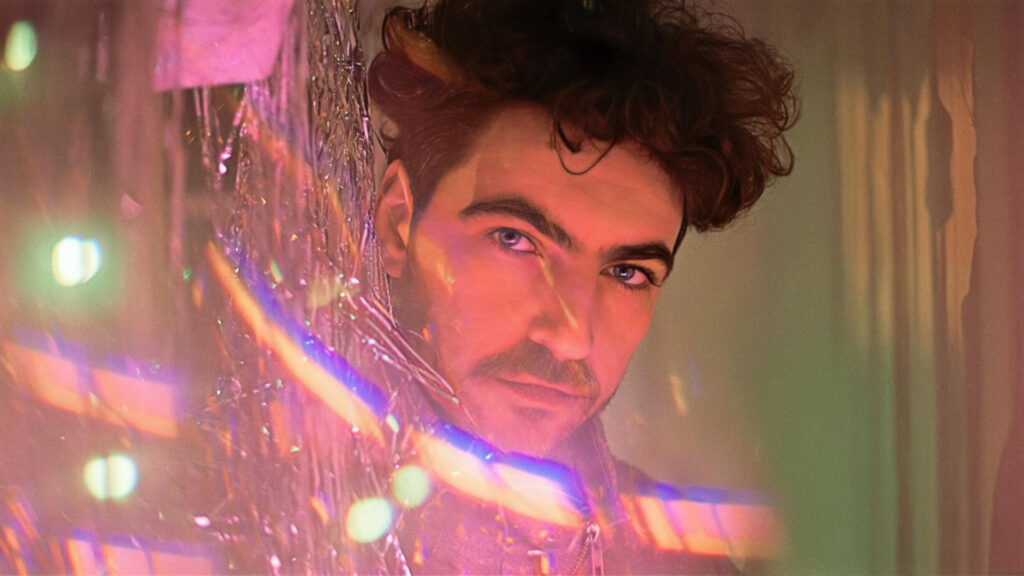In VHS DEATH’s personal experience, the struggle starts at a very young age. And it often kills the original naivety and enthusiasm, especially in electronic music and production.
VHS DEATH: Most guys seem to get started with music in their teenage years. Only a few female and non-binary persons start that young. Why? Because they’re often still labelled as ‘riot grrrl’ or ‘weirdos’. There are also still not enough role models to aspire to.
What do you think fuels this kind of prejudices?
VHS DEATH: Old clichés, like the infamous “women have poor taste in music” and the “women and technology” myth. Encountering the same prejudices over and over is a self-fulfilling prophecy. Minorities often have to work harder to be taken seriously, especially in music production.
Here is a quote from my friend Fayann Smith from Occult Hardware. “As a woman and multiethnic person, my face isn’t necessarily the face you’d associate with hard, experimental electronic music. Looking like an outsider has advantages but has delivered some painful experiences. When I first started, it was definitely challenging to be taken seriously. Sometimes, people would be openly rude and hostile; I had to really fight to find my own space.”
What do you think is the solution?
VHS DEATH: Until technology is associated with masculinity, nothing is likely to truly change. Women and non-binary groups need to work together.
‘De-gendering the electronic soundscape: women, power and technology in contemporary music’ from 1996 is still worth a read. In her essay, Jennifer M. Brown concludes: “… most women tackle their learning of technology in isolation or by ranging the fringes of male activity, rather than forming solidarity groups and setting up cooperative learning situations with peers.”



